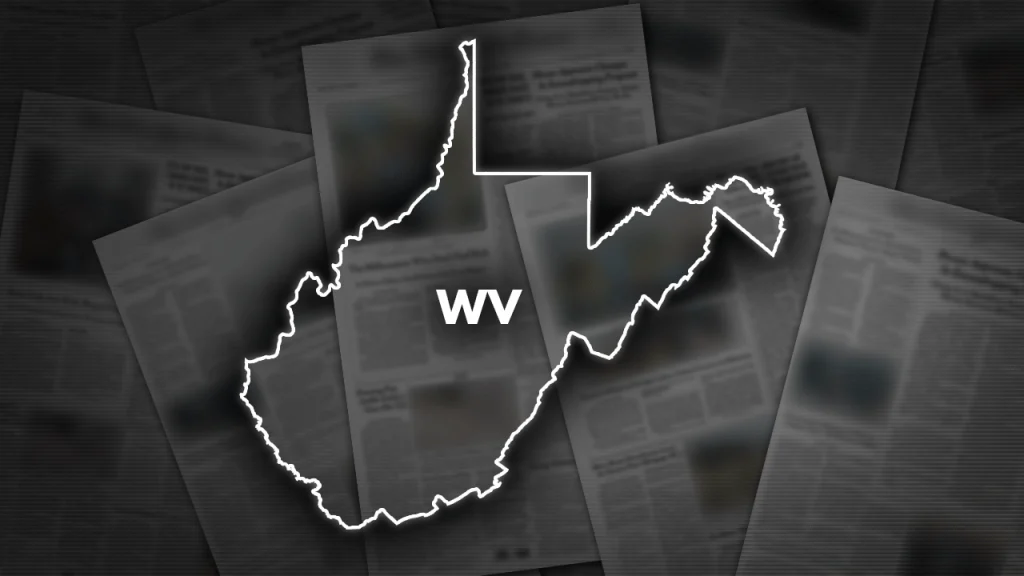Five middle school girls in West Virginia were barred from competing in a track and field event after protesting a court ruling blocking enforcement of the state’s “Save Women’s Sports Act,” which prohibited transgender girls from competing against biological girls. The 4th U.S. Circuit Court of Appeals found the law violated Title IX, siding with the American Civil Liberties Union and Lambda Legal. The girls refused to participate in the event due to the inclusion of a transgender athlete, resulting in them being prohibited from competing in their next event. The West Virginia Attorney General filed a lawsuit against the Harrison County Board of Education on behalf of the students and their parents.
West Virginia Attorney General Patrick Morrisey expressed his support for the students and their parents, commending them for standing up against what they perceived to be unfairness. He stressed the importance of exercising constitutionally protected freedom of speech and expression and encouraged the girls to continue addressing their grievances within the protections guaranteed by the Constitution. A Harrison County Circuit Court judge heard the case involving the students, and the issue has sparked a broader conversation about transgender athletes’ participation in sports competitions. The students’ protest and subsequent legal action highlight the ongoing debate surrounding this issue in various states across the country.
The incident involving the middle school girls in West Virginia comes in the wake of other legal battles and policy changes related to transgender athletes in sports. Arkansas Governor Sarah Sanders signed an executive order in response to President Biden’s new Title IX regulations, which aimed to provide additional protections for transgender athletes. This move was met with backlash from some states, with six of them filing lawsuits against the Department of Education regarding the overhaul of Title IX. The contentious issue of transgender athletes’ participation in sports has been a hotly debated topic in the United States, with conflicting opinions on how to best address the concerns of both transgender and cisgender athletes.
The students from Lincoln Middle School in Shinnston, West Virginia, who were involved in the protest have received support from the West Virginia Attorney General and various legal entities representing their interests. By taking a stand against what they perceived as discrimination, these girls have brought attention to the complexities of ensuring fair competition in sports while respecting the rights of transgender individuals. The outcome of the lawsuit filed on behalf of the students could have broader implications for how similar cases are handled in the future, both in West Virginia and across the country. It remains to be seen how the legal system will navigate the intersection of gender identity and sports participation in the years to come.
The situation in West Virginia underscores the challenges of finding a balance between protecting the rights of all athletes and ensuring fair and equal opportunities for competition. The intersection of transgender rights and women’s sports has become a divisive issue, with strong opinions on both sides of the debate. The actions of the middle school girls in protesting the inclusion of a transgender athlete in their competition highlight the complexities and tensions inherent in addressing these sensitive and nuanced issues. As states continue to grapple with how to navigate the participation of transgender athletes in sports, dialogue, legal action, and advocacy efforts will play a crucial role in shaping policies and regulations that promote inclusivity and fairness for all individuals involved in athletic competitions.


